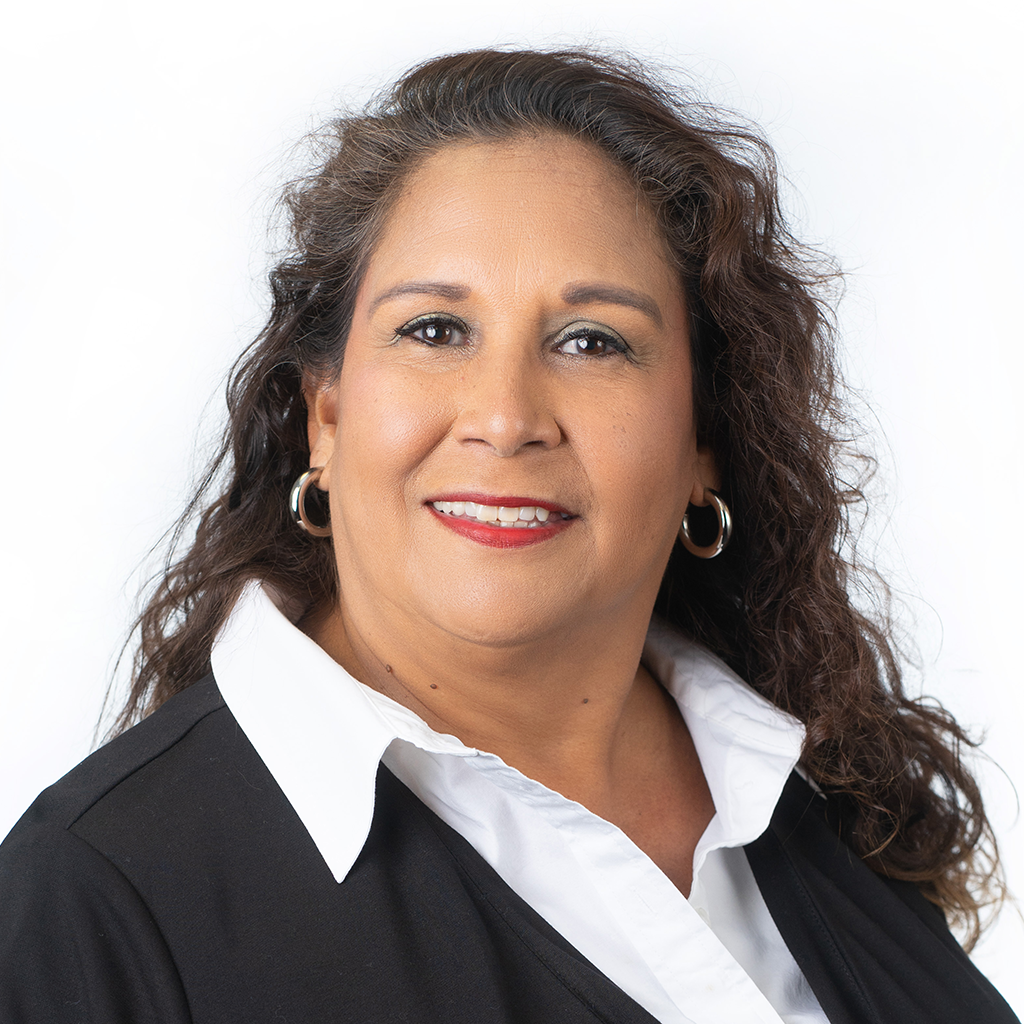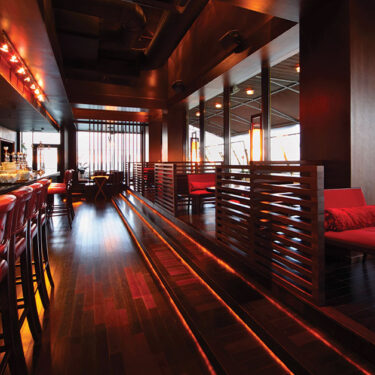The husband of a woman who had a severe allergic reaction last year after eating at a Disney Springs restaurant is suing the company for more than $50,000 in a wrongful death lawsuit that claims the server “guaranteed” the woman’s food was allergen-free.
The woman, a doctor from New York who had a severe allergy to nuts and dairy products, allegedly informed the waiter of the allergy concerns several times. Soon after dining, she collapsed and later tragically died at an area hospital, the Associated Press reported.
Although Disney initially attempted to get the lawsuit dismissed, the company eventually dropped the issue and the case will proceed in court, CBS News reported recently.
“The story really hits hard, especially if they clearly asked questions about the food,” said Janina Gomez-Rhoades, Underwriter, Commercial Insurance, Burns & Wilcox, San Antonio, Texas.
Featured Solutions
“What happened is extremely sad,” he said. “From the standpoint of how the public sees it, reputation carries a lot in the restaurant game. If a restaurant has a reputation of not being safe, I would not be surprised to see that restaurant go out of business. This is why you have CGL Insurance, to protect you from lawsuits if you knowingly or unknowingly cause injury to somebody that comes into your establishment.”
‘It can happen anywhere’
According to a 2024 report titled “Fatal Food Anaphylaxis in Adults and Children,” published by the National Library of Medicine, fatal food anaphylaxis is very rare, with a mortality rate of less than one death per year per 1 million inhabitants. Most anaphylactic reactions occur outside the home, and research has shown that 53.9% of food allergy reactions at U.S. restaurants occurred despite staff at the business being notified of the allergies.
“Scenarios like what happened at Disney Springs should be eye-opening to any business owner in restaurants or hospitality,” said Atef Shah, Associate Manager, Commercial & Personal Insurance, Burns & Wilcox, Toronto, Ontario. “Restaurant owners have to be very mindful about how they are treating food allergies. What happened at Disney Springs is the worst-case scenario, but it can happen, and it can be fatal. The responsibility is on the business owner that nothing serious occurs and that the customer is getting what they are paying for and expecting.”

Even if you go to a Michelin-starred restaurant, you cannot assume anything. ...That is why it is very important for these restaurants to protect themselves, and they do this by the security of carrying liability insurance.
According to USA Today, the wrongful death lawsuit against Disney notes that the company advertises an emphasis on accommodating food allergies. Despite the perception that certain places may be more allergen-aware, no establishment can be completely safe, Gomez-Rhoades said.
“Even though it is Disney, they are still human beings. Training can always be an issue, and turnover today in some restaurants is terrible,” she said. “Even if you go to a Michelin-starred restaurant, you cannot assume anything. I truly think it can happen to your 4-star restaurants, to your mom-and-pop cafes. That is why it is very important for these restaurants to protect themselves, and they do this by the security of carrying liability insurance.”
Under a restaurant’s CGL Insurance, which is usually packaged with Products Liability Insurance, covered events include third-party bodily injuries and property damage, from food poisoning or allergic reactions to slip-and-falls on the premises or foreign objects in food. The policy can help pay for legal defense costs, settlements and more.
A situation like the allergen lawsuit against Disney and the Raglan Road Irish Pub could fall under the Products Liability portion of the policy because it involved the food being prepared, or potentially under Personal and Advertising Injury because the server advertised the food as being allergen-free, Gustafson said.
“Those are both sublimits under the GGL Insurance policy,” he said. “Contaminated food — or in this case, unintentional allergens — is one of the main exposures that a restaurant would have. This is why they have CGL Insurance.”
With insurance, restaurant ‘could recover’ from severe loss
Earlier this year, a jury in Massachusetts found the restaurant chain Boloco negligent after they allegedly served an 8-year-old girl a burrito containing peanut sauce, causing a severe anaphylactic reaction, Allergic Living reported in May. The restaurant, which was made aware of the girl’s peanut allergy in advance, was ordered to pay the family $200,000 in damages, legal fees and other costs, according to the publication.
“Allergies are a big part of dining these days and restaurants are trying more to accommodate every individual that comes into their establishment, but this is the risk,” Shah said. “It is almost impossible to 100% guarantee that an allergic reaction could not happen.”
Due to the risk of a judgment that exceeds a restaurant’s CGL Insurance limits, Excess Liability Insurance is often recommended for these businesses. Without insurance, a lawsuit over a severe allergic reaction or death could mean the end of a business, Gomez-Rhoades said.
“It could easily go into their Excess Liability Insurance limits,” she said. “If they had the proper insurance coverage and adequate limits, they could recover. It could damage their reputation, but I think it is possible to recover financially and reputation-wise, as long as the restaurant owner makes a point to make changes to ensure the safety of the patrons.”

I would 100% recommend Excess Liability Insurance to any restaurant owner. If they have exposure to a claim like this, it will often exceed the limits on their CGL insurance. Having that policy is just a good idea overall.
This coverage is important for any restaurant, even smaller businesses, Gustafson said. According to the Centers for Disease Control and Prevention, state and local health departments report hundreds of foodborne illness outbreaks linked to restaurants and caterers each year, with the most common pathogens being norovirus and Salmonella.
“I would 100% recommend Excess Liability Insurance to any restaurant owner,” he said. “If they have exposure to a claim like this, it will often exceed the limits on their CGL insurance. Having that policy is just a good idea overall.”
While larger restaurant chains may benefit from standardized menus and suppliers, smaller restaurants could be more vulnerable to claims, Shah explained. “Franchises are typically consistent with menus across every location and the ingredients are usually easily found online,” he said. “If you have a local restaurant, you might get produce from different stores. If there is a recall or a health violation, you are already in an uphill battle to build out your brand and build trust with your customers, and you could lose that trust.”

If you are a mom-and-pop shop and you forgo your insurance for one year for whatever reason, your business — or even yourself personally — could go bankrupt from a loss like that.
Smaller businesses may also be more likely to forgo insurance coverage, making a serious claim even more damaging, Shah said. “If you are a mom-and-pop shop and you forgo your insurance for one year for whatever reason, your business — or even yourself personally — could go bankrupt from a loss like that,” he said. “We have seen places close down because they had a health violation, a foodborne illness or an allergic reaction. Word of mouth is the biggest marketer, and it can really destroy your business very quickly.”
Reputational harm could be covered by insurance in some cases, Gustafson pointed out. “That is becoming more popular, especially as social media becomes more prevalent and information spreads rather quickly,” he said. “There may be some niche coverages out there separate from the CGL Insurance that are available to help repair your brand.”
The importance of staff training
According to a 2020 report in the journal Food Control, food allergen training is most often conducted one-on-one with staff while on the job. High staff turnover contributes to difficulty in training staff on food allergies, the article noted.
“Staff training is very important,” Gomez-Rhoades emphasized. “A lot of individuals today have allergies to foods, so these restaurant owners really need to train their employees to recognize the risk and ask those questions. Menus also need to be updated. That way, customers can make an informed decision.”
Servers should ask customers about any allergies at the table and menus should include warnings that even gluten- or dairy-free items, for example, cannot be guaranteed to be allergen-free, Shah said. “It is so imperative that they tell customers they cannot 100% guarantee it,” he said. “They also need to have a completely clean working environment with separate space and equipment for preparing [allergy-friendly] foods. Having these practices in place is so important for any restaurant owner.”
When cross-contamination occurs in a restaurant, it often comes down to a lack of staff training, Gustafson added. “Even with training, sometimes cross-contamination still happens,” he said.
“The reason restaurants purchase CGL Insurance is because things like this happen even when you are as careful as you can possibly be,” he said. “You still want to have that extra layer of protection, so you do not lose your livelihood.”
While serious food allergy contamination claims are less common, more frequent claims in the restaurant industry include slip-and-fall accidents and other injuries to diners, such as breaking a tooth on food, Gomez-Rhoades noted. Insurance is “a safety net” for these occurrences and many others, she said.
“If the restaurant owner does not carry insurance, a slip and fall could close their doors,” she said. “Does the owner have the financial stability to pay the injured party and/or go to court should it be a questionable claim? Again, this is where the insurance carrier will help the owner to navigate through the claim. Insurance will provide peace of mind for them financially and allow them to continue business as usual.”







